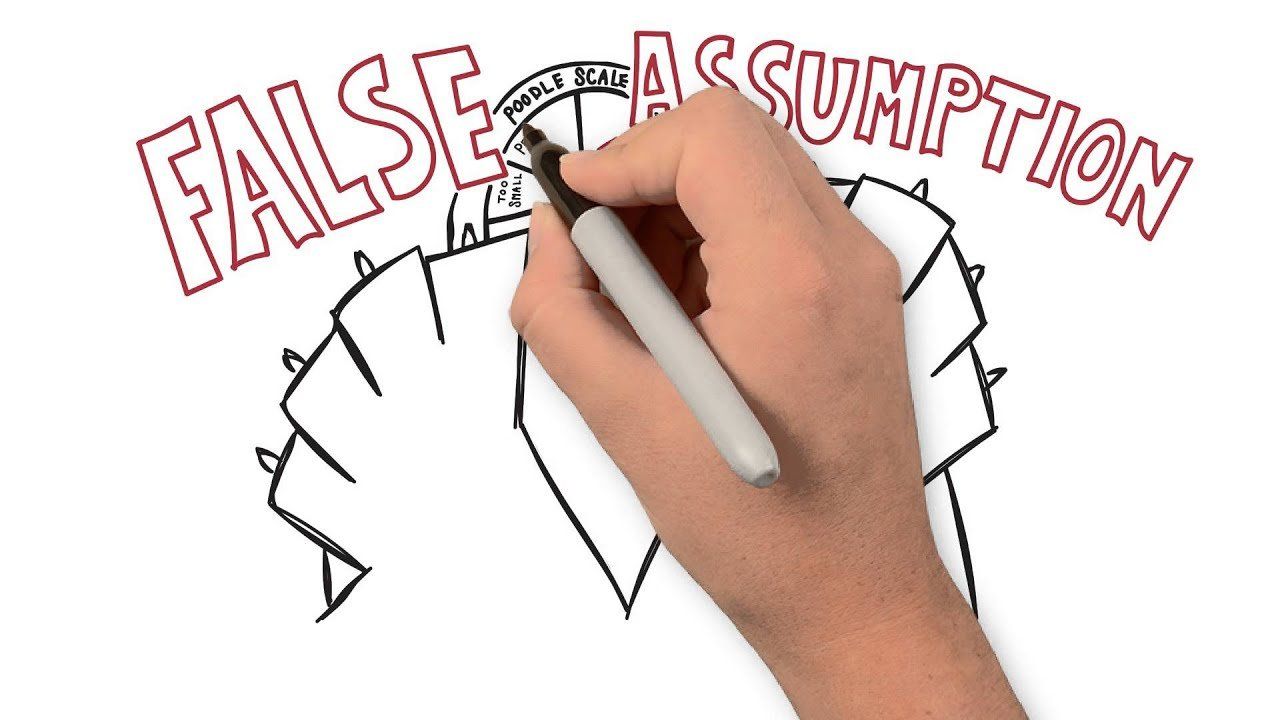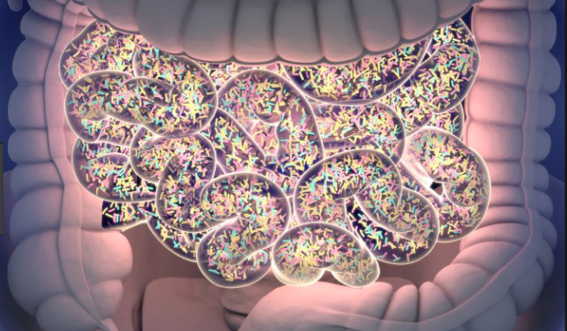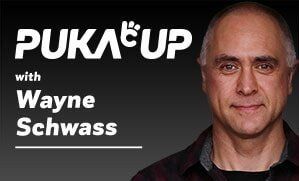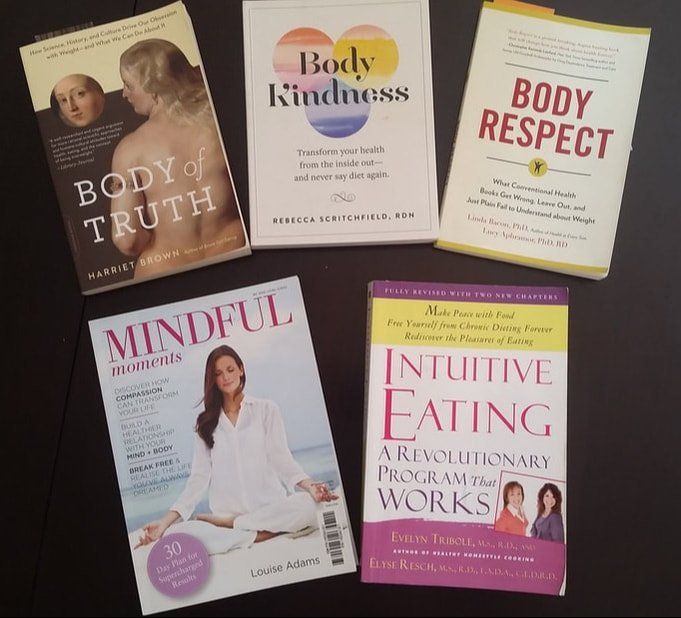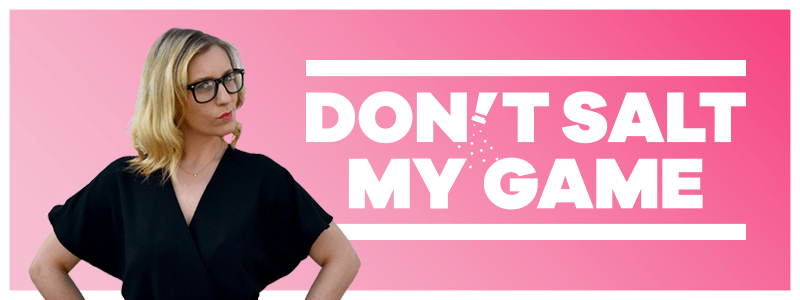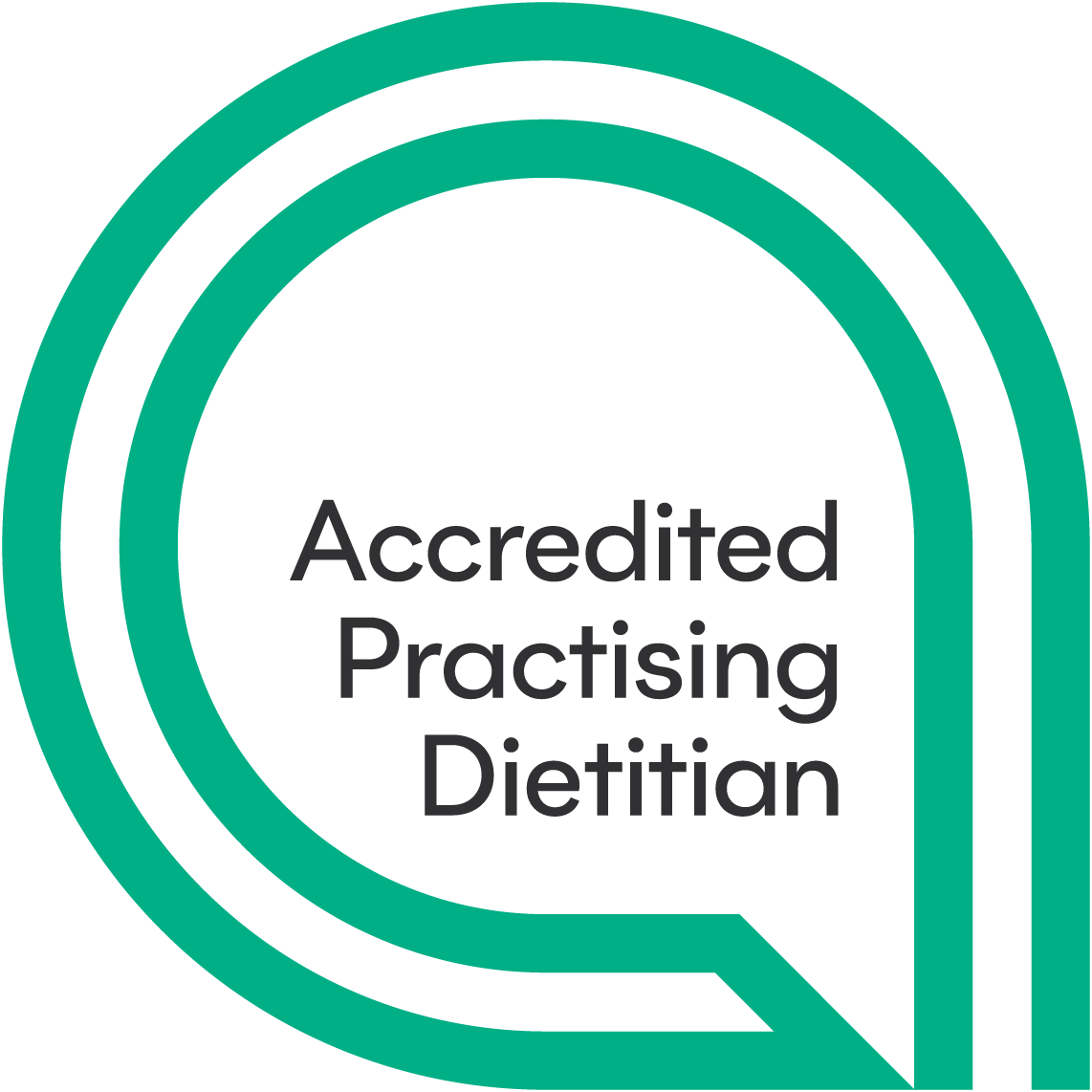Why as a dietitian I can't provide intentional weight loss advice.
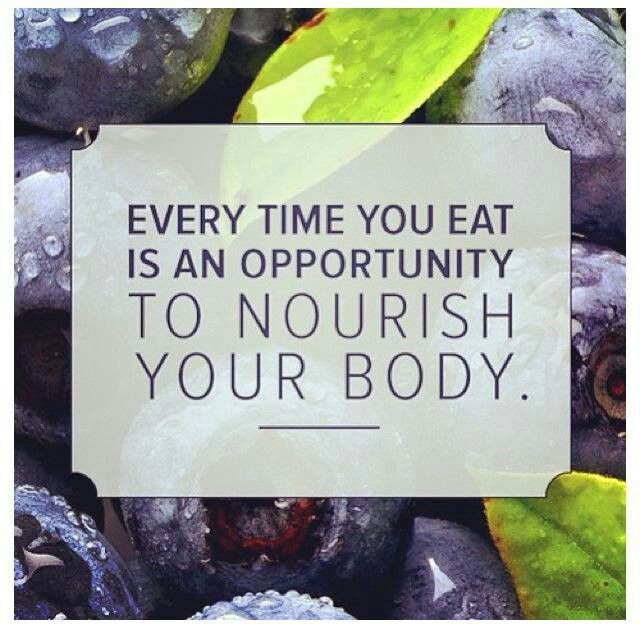
So, I am going to just write this post from my heart. I don't know how long or short it will be, but here goes.
P.S Language warning!!
First do no harm.
Part of the reason why I work as a dietitian is because it's in my nature to care and to want to help. I will put myself out for others, and give 110%, even if it means pushing my boundaries. I thought I had the right knowledge that can help people be healthier, and I wanted to share that.
However, some of the science based knowledge that I have used in the past, that was taught to me at Uni, and in journal articles, further education seminars etc has been biased, and I am pissed off with that. I am pissed off about continuously being given the message (both as a dietitian, and a human being) that a person's weight is mostly within their control through what they eat and how much exercise they do, and it's their fault if they can't maintain a 'normal weight'. Not being able to achieve or maintain that 'normal' weight we are told is then a large reason why people develop chronic diseases such as diabetes, heart disease and cancer. Of course, no one wants these or their complications.
I am also pissed off with all the messages out there pushing an ideal look that most people will never manage to attain, or if they do, they have a pretty screwed up relationship to food and their body in trying to maintain it. What is viewed as 'normal eating' and behaviours around food is actually often quite disordered and damaging. But, it is so common because diet talk and body comparisons and putting yourself down are conversation starters, what we discuss in the lunch room, at Mums' group, parties, around the dinner table, with the gym instructor (shall I go on?) and is accepted as totally OK. I have felt a failure as a dietitian when my 'expert' advice has not lead to sustained weight loss for most people. I have felt taken aback when clients have judged me by how I look. One in particular still stands out after 15 years. He said 'I am glad you are thin because I would have turned around and walked out otherwise'. So, more value was placed on what I looked like than what I had to offer. I was too young to realise that this type of thinking keeps so many of us trapped in the need to look a certain way. And the consequences of that mean so many more words than I can write here because so much has to do with patriarchy, feminism and intersectionality. Words I am just beginning to understand the meaning of but still have a lot to learn. This type of talk, these attitudes and behaviours are not OK.
I think I realised pretty early in my career that putting most of the blame onto an individual for what they weighed was not ok, and I focussed more on behaviours and learning that person's story. I focussed more on how their blood sugars, cholesterol, blood pressure, bowel symptoms, are they feeling more energetic, are they feeling stronger within their body, sleeping better etc were, rather than weight, and I certainly never felt comfortable being the 'food police'. However, I took a neutral stand to the message that weight loss is important for outcomes. I was unable to empower my clients with the knowledge that I have now, because I didn't have it back then.
Through the non-diet lens, and taking a Health At Every Size view, I now have an entirely new approach to how I can empower people to improve their self care and wellbeing.
When the focus is put mainly on food choices and exercise, it totally misses all the other factors that can be impacting on someones health and capacity to care for themselves with kindness and compassion. (Of course, I still talk a lot about food, but in a different way)
Factors such as socioeconomic status, genetics, weight stigma, fat phobia, poor self care practices, poor sleep, loneliness, lack of connection, physical ability, depression, shame and stress (from many sources) just to name a few ALL have an influence on your wellbeing and hence risk and management of chronic disease. Why are we not told this over and over??
Don't get me wrong, I am not against a person losing weight if their behaviours are keeping them at a weight that is higher than what their body is meant to be at. I just don't know if when we start looking at your situation, you will lose weight, gain weight or stay the same. It depends on so many factors.
I see the difference that working as a HAES dietitian has.
When people leave a consultation with me, I know I have the right approach when comments like the following are made: 'Thanks. That was so useful', ' The last dietitian I saw was nothing like you', ' I am glad I didn't cancel my appointment'.
What really hits my heart though is when I can save someone from getting deeper into a poor relationship with food and their body. If there are tears of relief from a teenage girl when I tell her that I am not going to put her on a diet to lose weight, I have done no harm.
What does it take though for us to reject the idea that we are obliged to pursue weight loss?
It takes trust, bravery and self compassion.
Trust that doing no harm means following the Intuitive Eating Principles and not diet culture. Trust that you will look after yourself better if you reject diet culture. Trust that your body will settle at whatever weight it is meant to be at, not what you decide it should be. Trust that I can share this message with others and they will want ME to coach them rather than a Weight Watchers meeting, the latest fad diet book, the PT from the gym, the girls at work etc. Trust in myself that if I want to follow what I believe in my heart, I can work hard enough to get this message out.
Bravery because going against what is normal can be hard.
Hard for me as a dietitian because so many people believe that weight loss is what they need and what they think all dietitians do. Bravery because I am going against what I have been taught and trusting the new research in this field. Bravery because people may not feel that the 20+ years of knowledge I have in many areas of nutrition mean anything unless weight is included.
Hard for everybody who has struggled to be OK with their weight because being brave means going against weight biased medical advice which will probably be uncomfortable. Bravery because we have to talk about feelings, and be willing to feel them. Bravery because people think you are giving up if you are not pursuing weight loss.
Self compassion
To not judge ourselves for our past ways of thinking or how this may have impacted on not only the people around us, but also ourselves.
So, if you are struggling to make peace with food and your body, and are ready to be brave, trusting and self compassionate, I am here to help.
Alison
Designed by Jon Web Design
